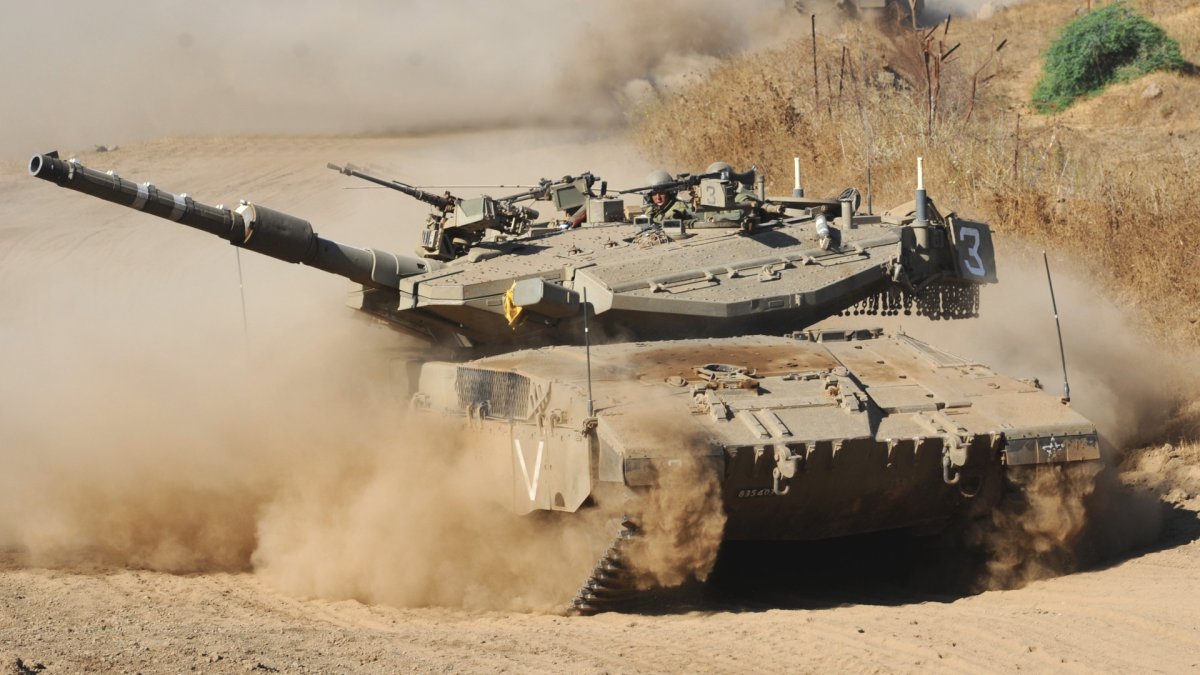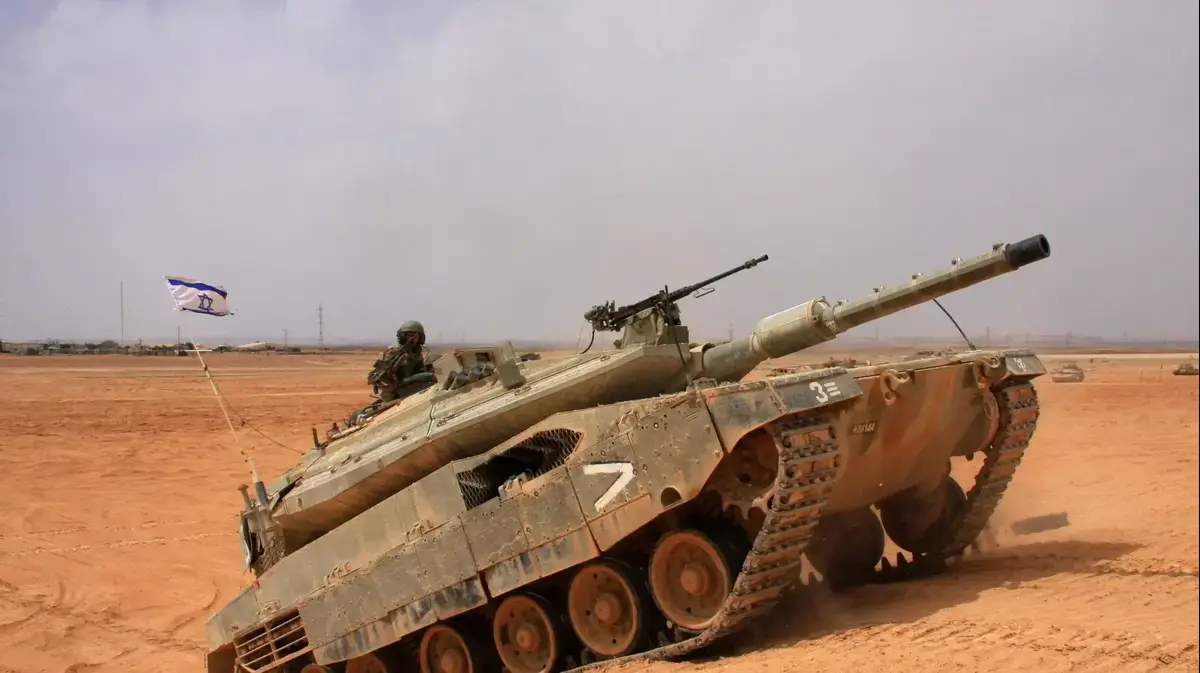That's a very zero-sum attitude, along the lines of people who suggest more trade barriers to protect local industry. Trade and competition is good, providing there are minimum standards involved. China and North Korea aren't undercutting NATO defence contractors - the competition is largely from within NATO or friendly first-world countries.
We’re talking about the defence industry here, not a random free market industry. This is an industry where products are downgraded for exports, reexports need permission and top producers refuse to sell to most countries. Being dependent on imports is a strategic vulnerability. Today you might be “best friends” with your weapons supplier, and tomorrow you may end up in a sanctions list.
European countries used to have a top notch defence industry, but lately they have lost a lot of ground to the US. Europeans ended up without a 5th gen fighter jet because they bought the F35. Now they are making different efforts to direclty build a 6th gen fighter jet, but will they be able to do it, skipping the 5th gen, or are they too far behind the US already?
In order to be able to invest large amounts of money in R&D for a new weapons system, you need high sales volumes. Otherwise, your unit costs will be too high and your equipment will be too expensive. You need to have economies of scale.
If Europeans don’t buy their own military hardware, who do you expect to give those big orders? It won’t be the Americans the ones who will buy European jets or tanks. The logical question is, why are the Europeans buying US hardware instead of boosting their own industry?
Countries like Poland shouldn't be limited to buying French or German just because it suits French and German companies. If French and German companies want an EU-wide defence industry, they need to sell shares so they're evenly owned across the EU, with profits and jobs shared.
Those companies already have owners. Some of them are even public, so Polish citizens can buy shares if they want to. Airbus is an example of successful integration between several defence companies from various European countries.
My point is, the EU should make rules regarding the acquisition of military hardware, that prioritizes EU companies. You never see the US buying European weapons system when they have a domestic alternative.
Competition spurs innovation. In contast protectionism leads to stagnation.
I mostly agree with this, but the defence industry is a strategic industry where there is no free market. If you lack one, you can easily be left behind or excluded, and you have no recourse. Look at Argentina after the Falkland war. They relied on imports, and they were cut off from access to military technology, so they could not rebuild their military. Their army is now useless as they can no longer buy advanced equipment.
If the EU wants to remain relevant as a global power, it needs to have its own high tech defense industry. For this, you need big orders in order to have enough money to invest in R&D and reach economies of scale. If the EU doesn’t protect its defence industry, nobody else will. The Americans and the Chinese will be happy to see Europe’s defence industry dwindle and become less and less relevant.
The Americans are happy to sell Abrams tanks to any country that sends its Leopards to Ukraine, as it gets another customer at the expense of the German industry.


